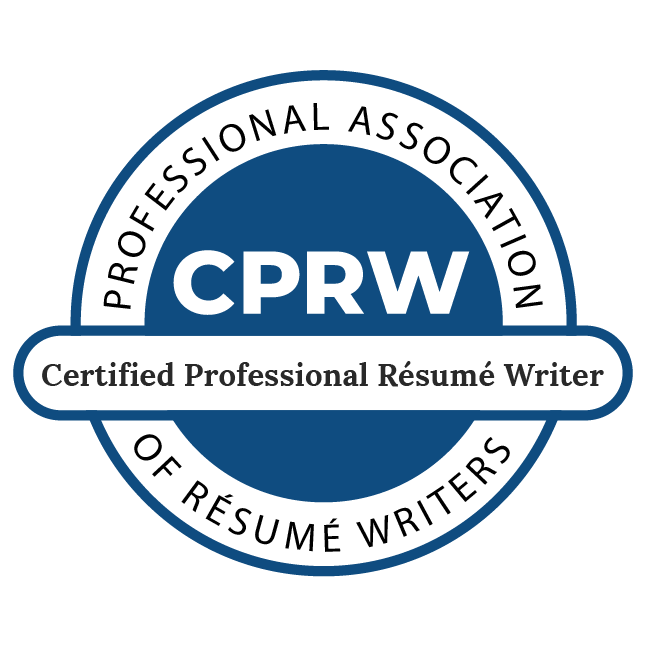Every month, Google logs literally millions of searches on resume how-tos. And those searches generate all kinds of conflicting or misleading information.
So how do you know the truth about what resume strategies really work and what recruiters are really looking for? Here’s our roundup of proven statistics based on real research.
Job searching is a numbers game
*The facts:
- Only about 2% of sent resumes result in an interview.
- On average, you need to send between 50 to 100 resumes to get hired.
- 85% of jobs are found via networking instead of through websites that post job listings.
- Referred candidates are twice as likely to land an interview and are four times more likely to be hired.
What this means for you:
- Don’t get discouraged if you’ve sent out a couple dozen job applications and haven’t gotten an interview yet.
- During active job search mode, plan on applying for 10 jobs per week and continuing that pace for 9 weeks or more.
- Follow up on each job application with a personal message via email or LinkedIn.
- Work your connections – friends, colleagues, former clients, old roommates – to find a connection with each target company and try to get a referral.
AI may be pre-screening your resume
*The facts:
- Up to ¾ of large companies and about 98.8% of Fortune 500 companies use an applicant tracking system (ATS) to automatically sort, scan, and rank resumes for keywords.
- As many as ¾ of qualified applicants get rejected by an ATS because the software couldn’t read their resumes.
What this means for you:
- Make sure your resume uses an ATS-friendly format. Use a basic, recognizable font and avoid graphics, text boxes, tables, and columns.
- Take the time to tweak your resume keywords for each job application to make sure you’re ranking high on ATS scans.
What recruiters hate
*The facts:
- Hiring managers list typos or bad grammar (77%) and lack of quantifiable results (34%) among their top reasons for rejecting a resume.
- Recruiters also reject resumes that are too generic, don’t list skills, or don’t include dates of employment.
- Avoid these cliches in your resume. Recruiters list them as major turn-offs:
- Work independently
- Hard worker
- Work well under pressure
- Good communicator
- Enthusiastic
What this means for you:
- Recruiters want to see customized resumes that specifically address your skills and the job description. Sloppy or generic content tells them that you’re not a serious candidate.
- Make sure your resume contains specific, quantified accomplishments and results.
Is hiring a resume writer worth it?
*The facts:
- Professional resume writers typically cost between $200-$800.
- A professionally written resume boosts your earning potential by 7% to 32%.
What this means for you:
- A professionally written resume is one of the highest-ROI investments you can make in your career.
- A $500 resume can mean tens of thousands of dollars in higher earning potential and can save you hours of hassle and headache trying to write your own resume.
The good news is: you don’t have to go it alone.
Our ELEVATE package includes the essential career collateral you need to go into a job search with a strong presentation. And our ALTITUDE package includes three job search strategy courses to help you succeed through each step of the process.
*Source: https://www.zippia.com/advice/resume-statistics/


